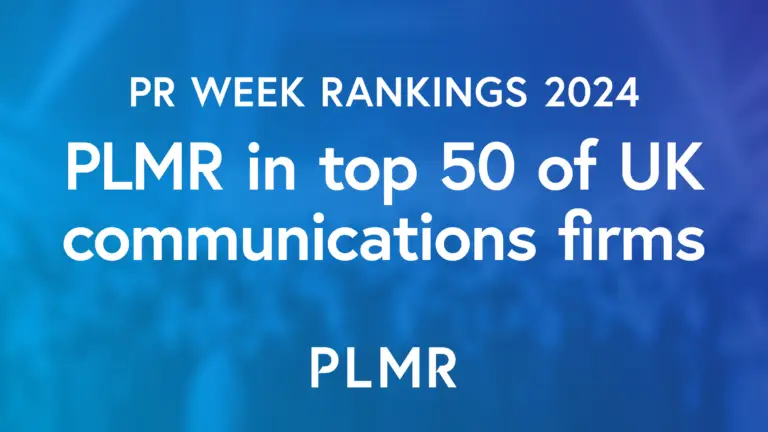The digital marketing landscape is constantly evolving with new channels, platforms, techniques and tools being developed all the time, changing and providing new and more effective ways of reaching and engaging your target audiences.
However, the biggest change is how end users actually use and respond to digital marketing tactics. It’s not just important to consider the impact user behaviour has on your communications, but actively adapt strategies to incorporate the new ways that your audiences engage with your brand.
Here’s our five top tips for making digital marketing more effective for your brand.
- Videos, podcasts and interactive content becomes more prominent
Google’s search engine indexes trillions of pages – so standing out from the crowd requires a fresh approach to content creation for your website.
Fortunately, Google understands that filling search results with endless text-based pages won’t necessarily solve every user’s query in an engaging way. That’s why videos, podcasts and interactive content will have the potential to rank better in 2020.
This means it’s increasingly important to try new and more interactive and engaging ways of communicating with your audience, not just to boost interaction with your website, but to get your brand in front of more people.
- Paid search and snippets eclipse organic results
When performing a shopping related search on Google, you’ll notice a wide variety in the types of results that get displayed. These range from adverts, to various search features (special search results that offer users helpful information without needing to be clicked on) and more – in fact, you now often need to scroll right down to see conventional, organic search results.
Now is the time to actively target these new types of search results. You can do this by observing the content formats that feature most prominently in the results you’re looking to rank for and offering something similar for Google to display.
For example, if your target search is full of lists, then consider creating a list. If the results are predominantly adverts, consider investing in pay-per-click advertising (PPC).
Google is only going to expand on its current roster of result types going forward, so it pays to be aware of how search is evolving and proactively generate content that Google will want to display as part of users’ searches.
- Instant contact is essential to maximising engagement
Live chat has been around for a long time as a great way to quickly engage with audiences in a relatively casual way.
Their usage has increased over recent years, so much so that emails and telephone call enquiries are often considered too slow and ‘formal’ for a simple question or speculative enquiry. Evidence suggests that users may be dissuaded from enquiring at all if they’re not given the option to do so via live chat, more so for B2C websites, but increasingly so for B2B as well.
With automated ‘chatbots’ now becoming more and more sophisticated, you don’t even need an actual person to provide a quick answer to users’ questions.
- Leverage the rise of ‘ambient computing’
As the internet becomes increasingly ingrained in how we live our day-to-day lives, the interactions we have with internet-enabled devices become less conscious. Google calls this ‘ambient computing’ and is investing a substantial amount of money in integrating its services with various pieces of internet-enabled hardware.
Yet beyond the Amazon Echo devices, Nest thermostats and Google Home Assistants, there’s a significantly easier way to utilise ambient computing to grow your brand – apps.
Apps are now quick and easy to build and as long as they are well designed, easy to use and, vitally, provide real value add to the user, then an app can help lock your audiences into your brand. With virtually every adult having a smartphone, that’s a big opportunity and one that you’re potentially missing by neglecting to include mobile apps in your marketing strategy.
- It’s sink or swim for Google Analytics
Google Analytics has been the backbone of digital marketing insight, seemingly forever, but that may very well change in 2020.
The channels available to marketers are constantly changing and expanding with the introduction of new technologies, and the simple metrics offered by the much-used application can’t account for the more complex analysis digital marketers need today to stay ahead of their brand competitors.
It’s been the case for a while that supplementing Google Analytics with additional tracking such as heat-mapping or session recording tools yields more accurate and valuable data. However, 2020 marks a critical point for Google Analytics – will it evolve to meet the requirements of a more advanced digital marketing landscape, or will it be left behind as users move to more comprehensive solutions?
The short-term answer is easy. Invest in new insights now – if you’re a Google Analytics loyalist, you may be surprised to discover the new metrics and data types you can’t currently monitor and analyse!
Genesis is an integrated PR and digital marketing agency with experience in supporting brands of all sizes. Find out more about our range of digital services or enquire to discover how we can help your business.



